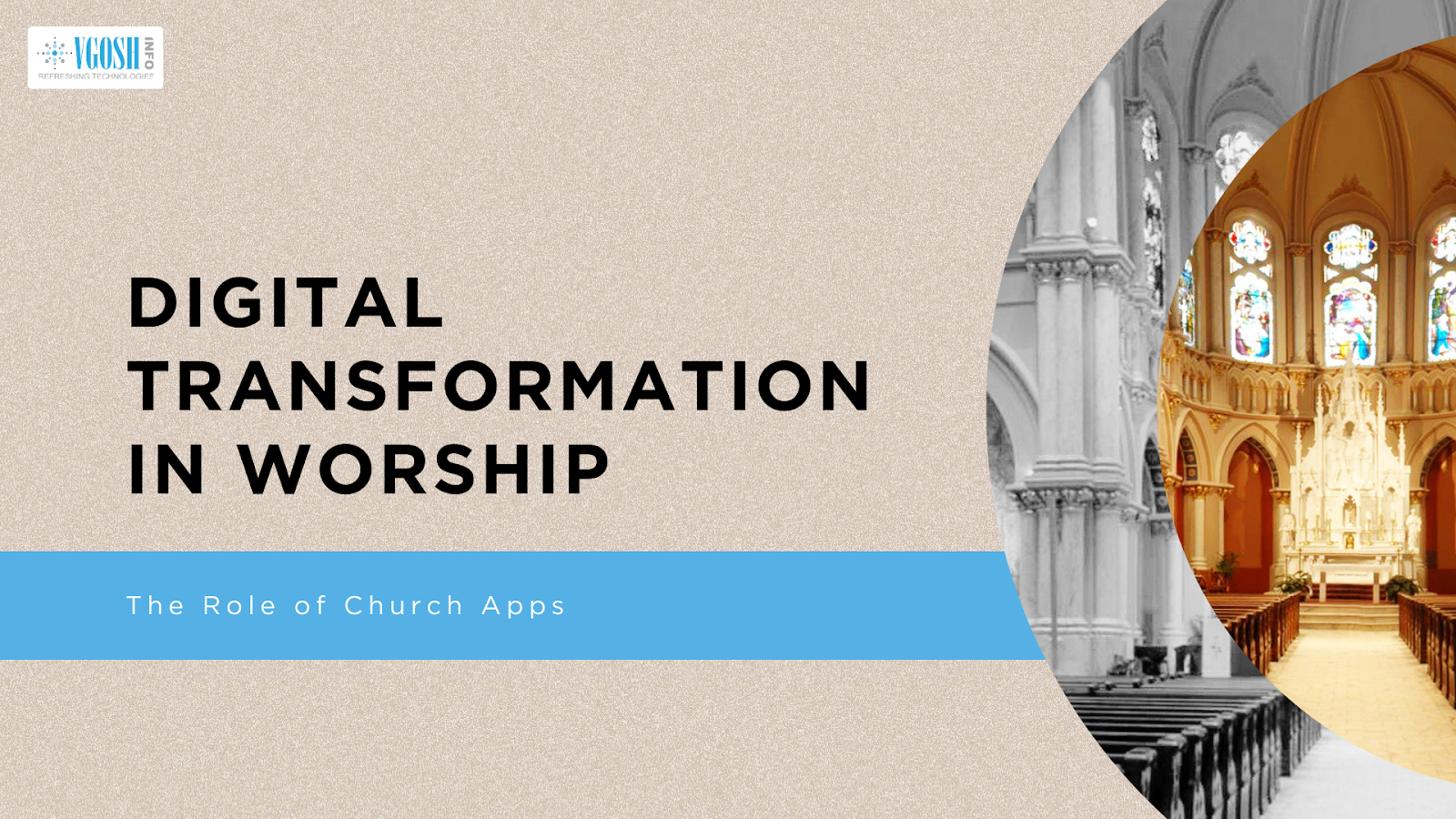Digital Worship Transformation in Singapore: The Role of Church Apps
In an era where technology permeates every aspect of our lives, the realm of worship is not exempt. The traditional concept of congregating in a physical space for religious practices has undergone a significant transformation, especially in Singapore. The advent of church apps has not only streamlined communication within religious communities but has also facilitated a seamless digital worship experience.
In this blog post, we will explore the purpose of church apps, the role of technology in the church, the reasons your church needs an app, and the broader concept of church digitalization.
The Purpose of Church Apps:
Church apps serve as multifaceted tools designed to enhance the overall experience of both congregants and church leaders. At their core, these applications aim to bridge the gap between traditional worship practices and the digital age. They serve as centralized hubs where members can access a plethora of resources, stay informed about church events, and engage in virtual fellowship.
One primary purpose of church apps is to facilitate communication within the congregation. Announcements, prayer requests, and important updates can be disseminated efficiently, ensuring that every member stays connected. Additionally, these apps often include features such as event calendars, allowing users to keep track of upcoming services, meetings, and community events.
Technology’s Role in the Church:
The infusion of technology into the church landscape has revolutionized the way religious communities operate. From live-streaming services to virtual prayer meetings, technology has become an indispensable tool for fostering a sense of unity among believers. The church app, in particular, acts as a catalyst for this digital transformation.
With the help of technology, churches can extend their reach beyond physical boundaries. Live-streamed services enable members who are unable to attend in person to participate in worship from the comfort of their homes. This inclusivity not only accommodates diverse schedules but also considers health and mobility constraints, making the church more accessible to all.
Moreover, technology aids in the efficient management of church activities. From tracking attendance to managing donations, church apps streamline administrative tasks, allowing leaders to focus more on spiritual guidance and community building.
Why Your Church Needs an App:
The integration of a church app is no longer a luxury but a necessity in the contemporary religious landscape. Several compelling reasons underscore the importance of adopting this digital tool:
1. Enhanced Communication: A church app serves as a central hub for communication, ensuring that important updates and announcements reach every member promptly. This real-time communication fosters a sense of community and belonging.
2. Accessibility: In a fast-paced world, not everyone can physically attend every church event. A mobile app ensures that members can stay connected and engaged regardless of their physical location, thus promoting inclusivity.
3. Resource Accessibility: Church apps provide a platform to access a plethora of spiritual resources, including sermons, devotionals, and study materials. This resource accessibility contributes to the spiritual growth of individuals within the congregation.
4. Community Building: Through features such as discussion forums and virtual prayer walls, church apps facilitate community building. Members can connect, share experiences, and support each other in their faith journey.
Church Digitalization:
The term “church digitalization” encompasses the broader process of leveraging digital tools and technologies to enhance and modernize various aspects of church life. This includes not only the adoption of church apps but also the integration of social media, online giving platforms, and other digital resources.
Digitalization enables churches to adapt to the changing needs of their congregation. It is a proactive response to the evolving landscape of communication and community engagement. By embracing digital tools, churches position themselves to reach a wider audience and effectively minister to the diverse needs of their members.
In conclusion, the digital worship transformation in Singapore is significantly influenced by the pivotal role of church apps. These applications serve as dynamic tools that not only enhance communication and accessibility but also contribute to the broader process of church digitalization. The integration of technology in worship is not a deviation from tradition but a strategic adaptation to meet the evolving needs of the contemporary congregation. As the digital landscape continues to evolve, embracing church apps becomes not only a wise decision but a crucial step in fostering a thriving, connected, and spiritually enriched community.





